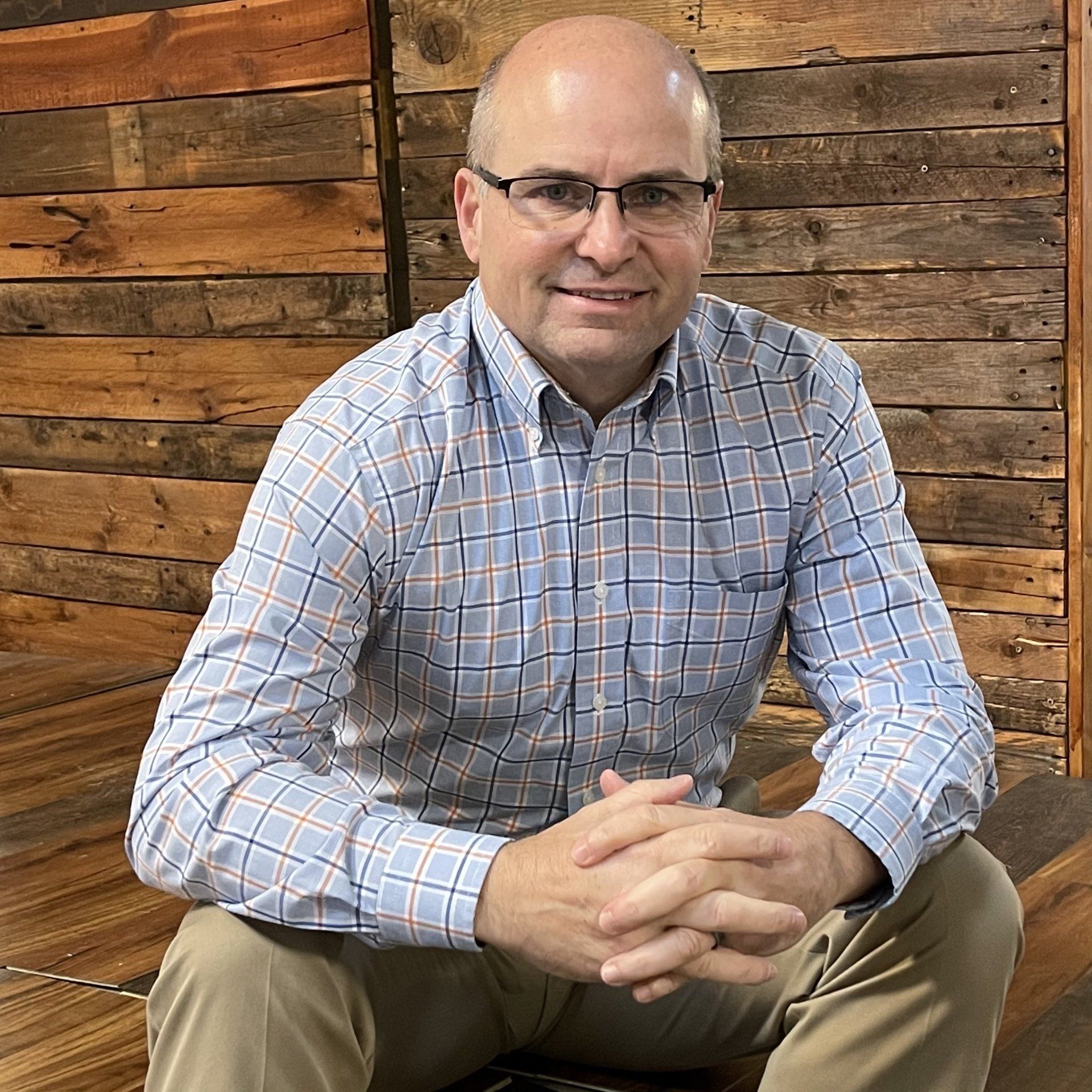Learn more about my book "The Courageous Ask"
Every Board Should Schedule Executive Sessions
Meeting with the auditor for audit review. Evaluation of executive performance and compensation discussions. Crisis management or legal issues. Internal review of board practices. Executive or staff misconduct. These are just a few reasons, among many, to hold an executive session of the board.
So, what is an executive session? BoardSource says, “Executive sessions are a special meeting-within-a-meeting that provides an opportunity for the board to meet privately to handle sensitive and confidential issues, foster robust discourse, and strengthen trust and communication.”
Executive sessions are not part of the official meeting of the board and therefore are not part of the minutes, unless otherwise directed in board documents.
(This blog focuses on starting a conversation centered on preventing the fall of nonprofit leaders. I write it from a Christian perspective, but all leaders will benefit. Be sure to sign up to receive these articles via email every Tuesday at
briankreeger.com as well as taking a look at previous blog articles. In addition to receiving these articles two days before they hit social media, you will receive the article "5 Early Indicators of a Christian Nonprofit Leadership Fall" along with the Contents, Introduction and the Appendix (My story) of my book,
The Courageous Ask: A Proactive Approach to Prevent the Fall of Christian Nonprofit Leaders.)
The board is the entity.
Although the organizational leader hired by the board certainly has their legal and moral responsibilities, in all aspects of the organization, the buck stops with the board. As such, their ethical, legal, insurance, monetary, and fiscal responsibilities are to that entity. The board of directors is expected and legally bound to duties of good faith, due care, and loyalty.
Since the responsibility of the board is to the entity, anything that hinders open and honest communications must be removed in certain circumstances. Sometimes these hindrances include people.
Ouch! That’s a little hard to say or write, especially since I am the founder of an organization and a former nonprofit executive. But I have also been on 15-20 nonprofit boards and have seen the benefit of executive sessions. I have also experienced the regret of not calling for one earlier.
In most cases, the board has a high level of respect for those managing their organization. If they are doing it right, they also have a special loyalty in relationship with the executive.
This makes it very difficult for a board to engage in certain conversations that are needed for proper governance to be attained. Put another way, the board must keep their eye on the prize -a properly functioning, prosperous organization- and not allow relationship to cloud their judgment.
Hence, the executive session.
If you are an executive reading this, you may be a little disturbed. Let’s be honest, I know there were times when I knew my mere presence, as the founder/executive, in a board meeting shunted the discussion of items that were not part of my leadership agenda or that I did not agree with. And sometimes we are not even consciously doing it. As I look back, I recognize that, whether or not I intended to alter conversation, this was not necessarily in the best interest of the organization.
And to take this a little further in my experience of now being a fallen Christian nonprofit leader, it is so much clearer. If the board would have had regularly scheduled executive sessions, they would have had a better opportunity to discuss my individual performance in a variety of areas that, if confronted properly, may have prevented the leadership fall.
After my fall, some board members said they saw it coming. Transparent and deliberate executive sessions would have allowed for private discussion and would have made those board members more comfortable in sharing their concerns.
Nearly all experienced board members have experienced the skeptical meeting of the eyes with another board member when a comment is made, or a particular topic is discussed.
We have all had the open, frank conversations leaving the board meeting, or in the parking lot, that die at the end of the conversation. The casual environment outside of the meeting allows for these discussions. These are typically conversations that should happen in an executive session, in a more "unofficial" context.
Most boards call an executive session when there is a topic that is sensitive and confidential in nature. Unfortunately, the mere need for an executive session is typically deemed negative, and causes a lot of anxiety among those not invited to the session. This is why it is so important to schedule executive sessions as a regular part of board operations. If done so, they are not out of the ordinary.
Executive sessions can simply be scheduled for the last half hour of a monthly meeting. This will allow the open and honest evaluation of many things, including an evaluation of the meeting itself. Maybe the executive session is only held quarterly for those boards meeting monthly. There are tons of variations that may be used for a particular board, but regularly scheduled executive sessions are a must.
In order to ease the anxiety
of those not invited, it is important to communicate the results of the executive session. Most times, the results of a discussion among a board are much easier communicated than the frank discussion that took place to get to that result.
I would like to mention that sometimes a board may invite guests to an executive session of the board to provide a specific opinion or expertise on a particular topic.
Ultimately, the blame
for a leadership fall is almost always a leader’s own (it was in my case). There is simply no way of getting around it—the decisions they made, the actions they took, and the words they spoke.
But executive sessions, used in a proactive fashion, may be one tool that can be used to protect both the organization and the leader.
It’s time to place executive sessions on the agenda.
Be Courageous!
Be Proactive!
Be sure to sign up to receive these articles via email every Tuesday at
briankreeger.com. In addition to receiving these articles two days before they hit social media, you will receive the article "5 Early Indicators of a Christian Nonprofit Leadership Fall" along with the Contents, Introduction and the Appendix (My Story) of my book,
The Courageous Ask: A Proactive Approach to Prevent the Fall of Christian Nonprofit Leaders.
#LeadershipFall #LeadershipSurvival #NonprofitRelationships #ProactiveApproach #LeadershipStruggles #LeadershipBattles #ChristianExecutiveLeader #ChristianLeader #CourageousAsk #Proactive #ProactiveLeadership #NonprofitLeadership #ExecutiveLeadership #ChristianLeadershipFall #ExecutiveSession #BoardCEORelationship






